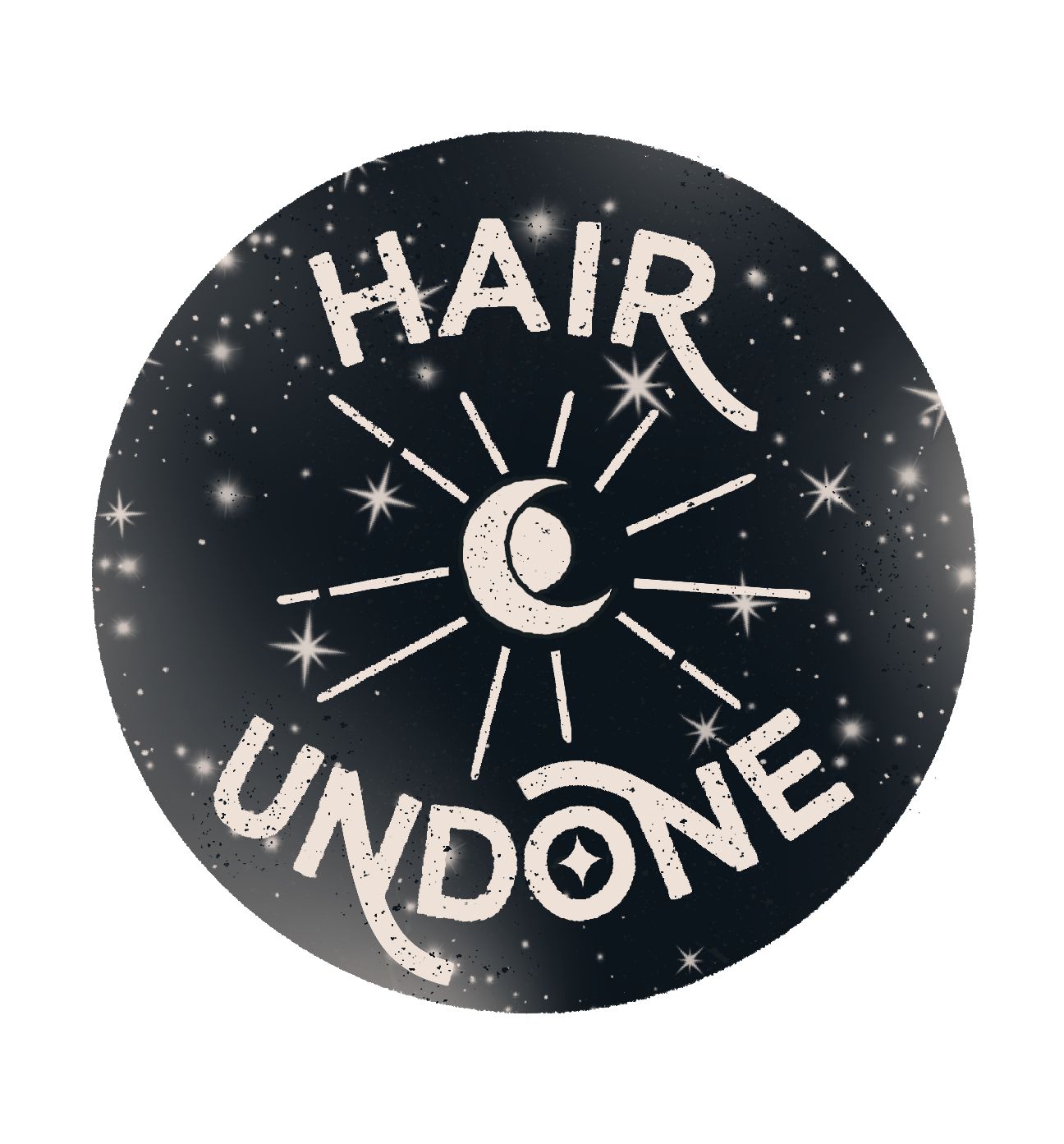Understanding Hair Loss: Types, Causes, and Solutions
Hair loss is a common concern for many individuals, impacting people of all ages. Whether it's thinning hair, receding hairlines, or bald patches, the effects of hair loss can be distressing. In this blog, we'll delve into the various types of hair loss, explore their underlying causes, and discuss potential solutions, including natural remedies.
Types of Hair Loss:
Androgenetic Alopecia (Male and Female Pattern Baldness):
Androgenetic alopecia is the most common type of hair loss.
In men, it typically manifests as a receding hairline and thinning at the crown, while in women, it leads to diffuse thinning across the scalp.
Genetics play a significant role in androgenetic alopecia, with hormones like dihydrotestosterone (DHT) contributing to hair follicle miniaturization.
Telogen Effluvium:
Telogen effluvium is characterized by sudden and excessive shedding of hair, often triggered by stress, illness, childbirth, or drastic changes in diet.
It occurs when a significant number of hair follicles enter the telogen (resting) phase prematurely, leading to increased hair shedding.
Alopecia Areata:
Alopecia areata is an autoimmune condition where the immune system mistakenly attacks hair follicles, resulting in patchy hair loss.
The exact cause of alopecia areata is not fully understood, but genetics and environmental factors likely play a role.
Traction Alopecia:
Traction alopecia occurs when prolonged tension is applied to the hair follicles, often due to tight hairstyles like braids, ponytails, or hair extensions.
Constant pulling on the hair leads to damage and eventual hair loss in the affected areas.
Solutions for Hair Loss:
Topical Treatments:
Minoxidil (Rogaine) is a topical medication approved by the FDA to promote hair growth in both men and women.
It works by stimulating hair follicles and prolonging the anagen (growth) phase of the hair cycle.
Oral Medications:
Finasteride (Propecia) is an oral medication primarily used to treat male pattern baldness by inhibiting the conversion of testosterone to DHT.
It's important to note that finasteride is not suitable for women and may have potential side effects in men. It’s best to ask your doctor about these potential side effects before proceeding with this medication.
Hair Transplantation:
Hair transplantation involves transplanting hair follicles from donor areas to bald or thinning areas of the scalp.
This is a surgical procedure that provides a permanent solution for hair loss in suitable candidates.
Natural Remedies for Hair Loss:
While you will not be able to see hair re-growth from natural remedies alone, they are a great tool to assist other methods.
Biotin:
Biotin, also known as vitamin B7, is essential for maintaining healthy hair, skin, and nails.
Supplementing with biotin may help strengthen hair and promote growth, especially in individuals with biotin deficiency.
Capsaicin & Menthol
Capsaicin, or chili pepper extract, works by stimulating the scalp, allowing more bloodflow.
Menthol has been scientifically recognized as a vasodilator. Menthol stimulates blood circulation in the scalp and opens up hair follicles.
Saw Palmetto:
Saw palmetto is a natural supplement that may help block the enzyme responsible for converting testosterone to DHT.
Some studies suggest that saw palmetto may be beneficial in reducing hair loss in individuals with androgenetic alopecia.
Hair loss can have a significant impact on self-esteem and quality of life. Regardless, if you are experiencing sudden hair loss, it’s best to consult with your doctor to check to see if other underlying issues are present. Our hair is often the first to let us know something is going on with our bodies. By understanding the different types of hair loss and their underlying causes, individuals can explore various solutions, including topical treatments, oral medications, and supplements. While there is no one-size-fits-all solution for hair loss, consulting with a healthcare professional can help determine the most suitable treatment approach based on individual needs and circumstances. Your hair stylist can recommend products that contain these natural remedy ingredients to boost your medical providers treatment.
